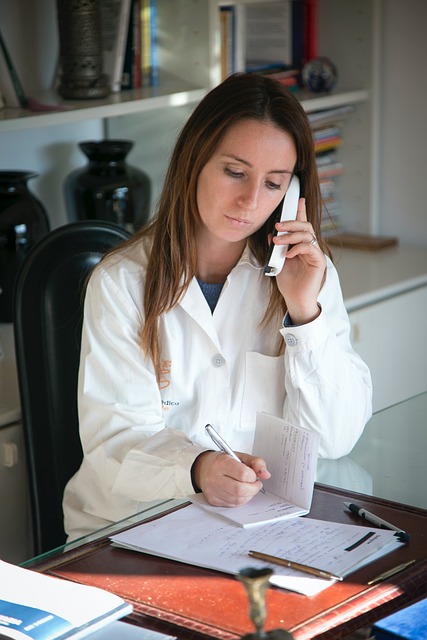Low vision rehabilitation is a specialized process designed to help individuals with significant vision loss maximize their remaining vision and maintain independence. The goals are to provide strategies, assistive devices, and training to ensure individuals can continue their daily activities and enjoy a better quality of life.
Understanding Vision Rehabilitation
Vision rehabilitation encompasses a broad range of services aimed at individuals with visual impairments that cannot be corrected with standard glasses, contact lenses, or surgery. It is beneficial for those with conditions such as macular degeneration, glaucoma, diabetic retinopathy, and traumatic brain injuries. The primary aim is to enhance the residual vision and adapt the environment to the individual’s needs.
Components of a Vision Rehabilitation Program
A comprehensive vision rehabilitation program includes several key components, each tailored to the individual’s specific needs:
Low Vision Evaluations
These evaluations are essential in determining the extent of vision loss and identifying the most effective strategies and devices to assist the individual. They involve thorough assessments of visual acuity, visual field, and contrast sensitivity.
Assistive Devices and Technology
A variety of assistive devices are used in vision rehabilitation, including magnifiers, telescopes, and electronic aids. These devices help individuals perform daily tasks more easily and maintain their independence.
Orientation and Mobility Training
This training teaches individuals how to navigate their environment safely and efficiently. It includes the use of mobility aids, such as canes, and techniques for safe travel in different settings.
Occupational Therapy
Occupational therapists work with individuals to develop skills for daily living and work activities. They provide training in using adaptive equipment and modifying the home and workplace to accommodate vision loss.
Independent Living Skills
Vision rehabilitation specialists teach essential skills for daily living, such as preparing meals, managing finances, personal grooming, and organizing household items. These skills are crucial for maintaining independence and safety at home.
Daily Activities and Vision Rehabilitation
Vision rehabilitation specialists provide training to help individuals manage their daily activities effectively. This training includes:
Adapting the Home for Safety
Specialists teach individuals how to modify their homes to enhance safety and ease of navigation. This includes rearranging furniture, installing proper lighting, and marking steps and doorways.
Improving Lighting Conditions
Proper lighting is essential for individuals with low vision. Specialists recommend suitable lighting solutions to reduce glare and enhance visibility in different areas of the home.
Labeling and Organizing Household Items
To make daily tasks easier, specialists teach techniques for labeling medications, clothing, and appliances. This helps individuals locate and use items safely and efficiently.
Personal Grooming and Hygiene
Training in personal grooming and hygiene ensures individuals can maintain their independence in self-care. This includes using adaptive tools and techniques for grooming tasks.
Eligibility Criteria and Referral Processes
Eligibility for state and government programs typically depends on specific criteria related to vision loss. Referrals can be made by individuals, family members, eye care professionals, or social workers. Documentation of vision impairment from a doctor is usually required.
Qualifications of Vision Rehabilitation Professionals
Vision rehabilitation professionals are highly trained and hold advanced degrees and specialized certifications. Key certifications include those from the Academy for Certification of Vision Rehabilitation and Education Professionals (ACVREP) and the American Occupational Therapy Association (AOTA).
Practical Examples and Scenarios
Case studies of successful rehabilitation illustrate the impact of these services. For example, an individual with macular degeneration might learn to use a magnifier to read and continue their favorite hobby of knitting. Another person with diabetic retinopathy might receive training on safely navigating their home and community, regaining their confidence and independence.
Vision rehabilitation is a vital service that empowers individuals with vision impairments to lead fulfilling and independent lives. By providing comprehensive evaluations, assistive devices, training, and emotional support, vision rehabilitation specialists play a crucial role in improving the quality of life for those affected by vision loss.
Low Vision Rehabilitation: Maximizing Independence and Quality of Life




